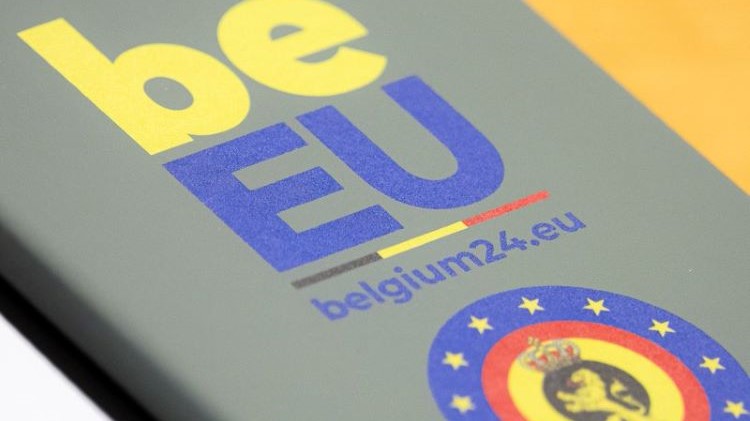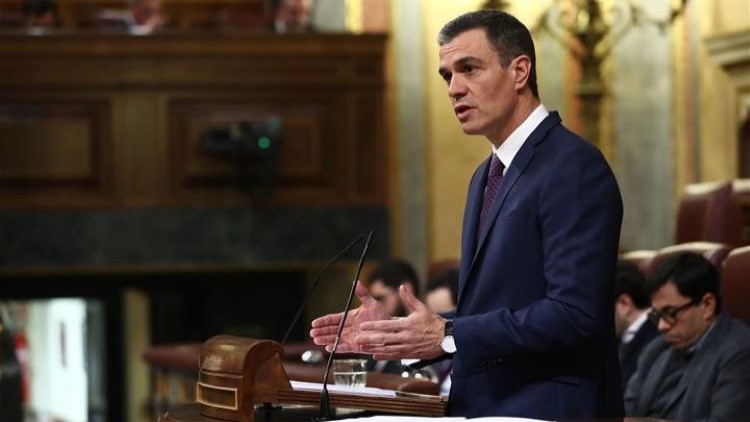Eduardo González
Spain will participate today in Brussels in the first General Affairs Council (GAC) of the Belgian Presidency of the Council of the EU, whose agenda does not include the official status of the Spanish co-official languages in the Union.
The Spanish Government’s request to recognize Catalan, Basque and Galician as official languages of the European Union has been put on the agenda of the ministers of the Twenty-seven once Spain has lost control of the work agenda that each semester assumes the rotating presidency and which, since January 1, passed into the hands of Belgium.
In any case, the Belgian Presidency has assured, as reported by Here Europe, that there has been no intention to remove the issue from the Council’s political agenda and that, simply, “the issue has to move forward with the information that the Council has requested and Furthermore, it is Spain that has to push politically so that a vote can be taken on the matter.”
The modification of the European linguistic regime to make Catalan, Basque and Galician official within the European Union was one of the commitments between the President of the Government, Pedro Sánchez, and the Catalan independentists of Junts to obtain their support in the investiture. The matter was addressed in four consecutive meetings of the General Affairs Council (September 19, October 24, November 15 and December 12, 2023), in two of which even the Minister of Foreign Affairs, José Manuel Albares, appeared. something unusual in this type of meeting.
Despite this insistence, at the GAC on December 12 (the last of the Spanish Presidency and, therefore, the last in which Spain had the opportunity to include the topic on the agenda), the 27 Member States did not take no specific decision and were limited to including the commitment of the next Belgian Presidency to “advance work on Spain’s request during its mandate.” That same day, Albares assured that he was holding talks with the future Belgian Presidency so that the official status of these three languages in the EU could continue to be addressed.
The December GAC took into account a preliminary estimate by the General Secretariat of the European Commission of the repercussions in terms of costs of Spain’s request, distributed six days before and according to which the officialization of Catalan, Basque and Galician in the community institutions would cost around 132 million euros.
To convince the rest of the European partners, Spain had presented an “adapted” proposal that included the observations raised by some Member States at the Council meeting on September 19 and for which the Spanish Government undertook to assume the costs of translation and interpretation of the three languages in the EU (after evaluation of the Commission reports) and made it very clear that the reform would be limited “exclusively to the case of Spain”, taking into account the “specificity and the series of conditions that Catalan brings together.” , Basque and Galician, which make them a unique case in the EU”, and, therefore, would not give rise to other languages being protected “in this reform if the Member State does not wish it.”
After this break within the EU, the former president of the Catalan Generalitat Carles Puigdemont regretted the “non-compliance” by the Government “with what we had been told would be possible.” Despite all this, the investiture debate on November 15 and 16 ended with the renewal of Pedro Sánchez as President of the Government. At the end of October, Albares declared to the press that “the Government has fulfilled the agreement to bring this matter to the General Affairs Council”, but “the times of Europe are not the times of national politics.”







